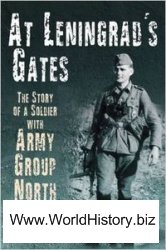The story of Arthur, exploring the possibilities and the fragilities of secular power, is vigorously alive after a thousand years. It originates in early Welsh mythic story and has long been disseminated in richly varied ways in transnational cultures. It is not a basis of a historical or biographical tradition: the idea of a “real King Arthur” derives from modern obsessions with identity— personal and national—and will be discussed in the context of other modern realizations of the myth.
Medieval Arthur stories have two major formations. In Arthurian romance, Arthur is a largely offstage overlord, dispensing chivalric honor to the individual knights who are focal to each story; in Arthurian saga, he is himself central as the emergent, triumphant, and finally tragic, though always mythic, king. The Round Table is a linking mechanism, the base for the separate knights of romance, the guarantor of their values, and the domain of their glory; then its fall is the marker of Arthurian tragedy. Merlin has no real role in the singlehero stories, but in the Arthur-focused tragedies his knowledge both helps establish the king and foresees worse days to come. Guinevere tends only to be part of the honorific context for the romances, with an exceptional role as Lancelot’s beloved in his own romance: this double role also makes her central to the tragic saga as love and duty, both honorable in different ways, come into inevitable conflict.




 World History
World History









